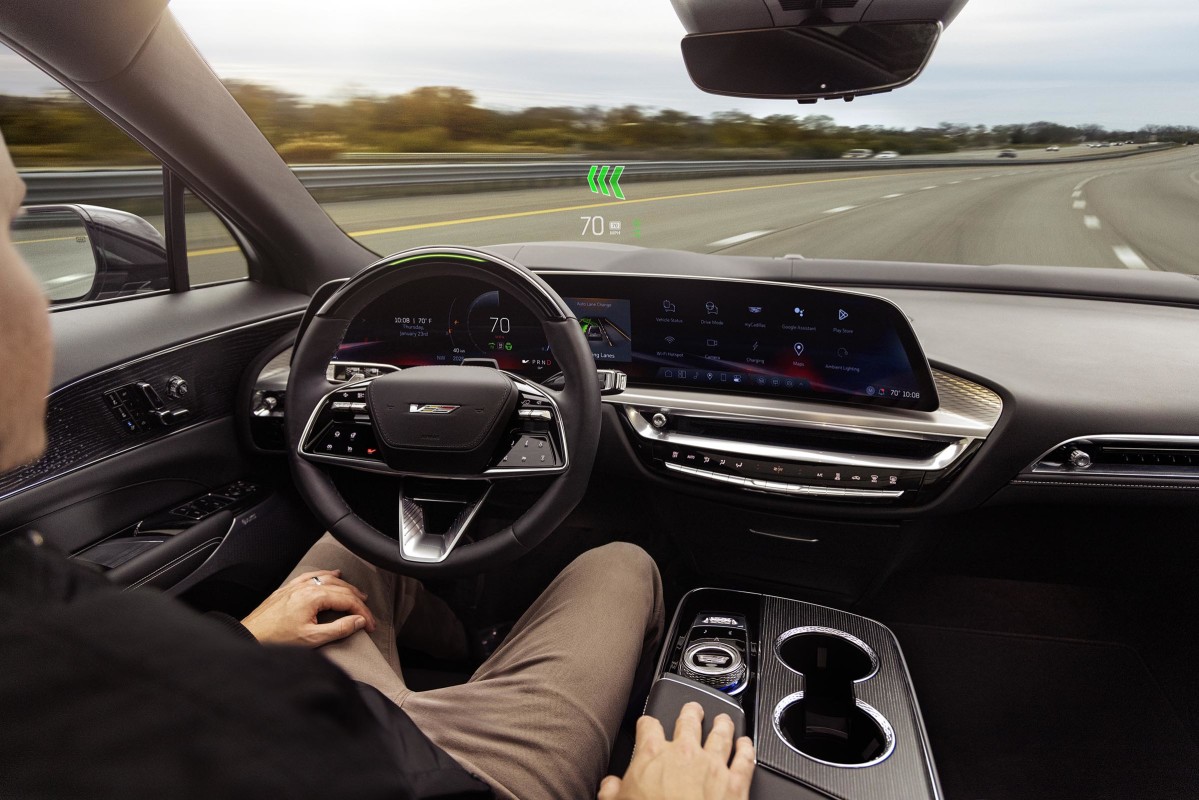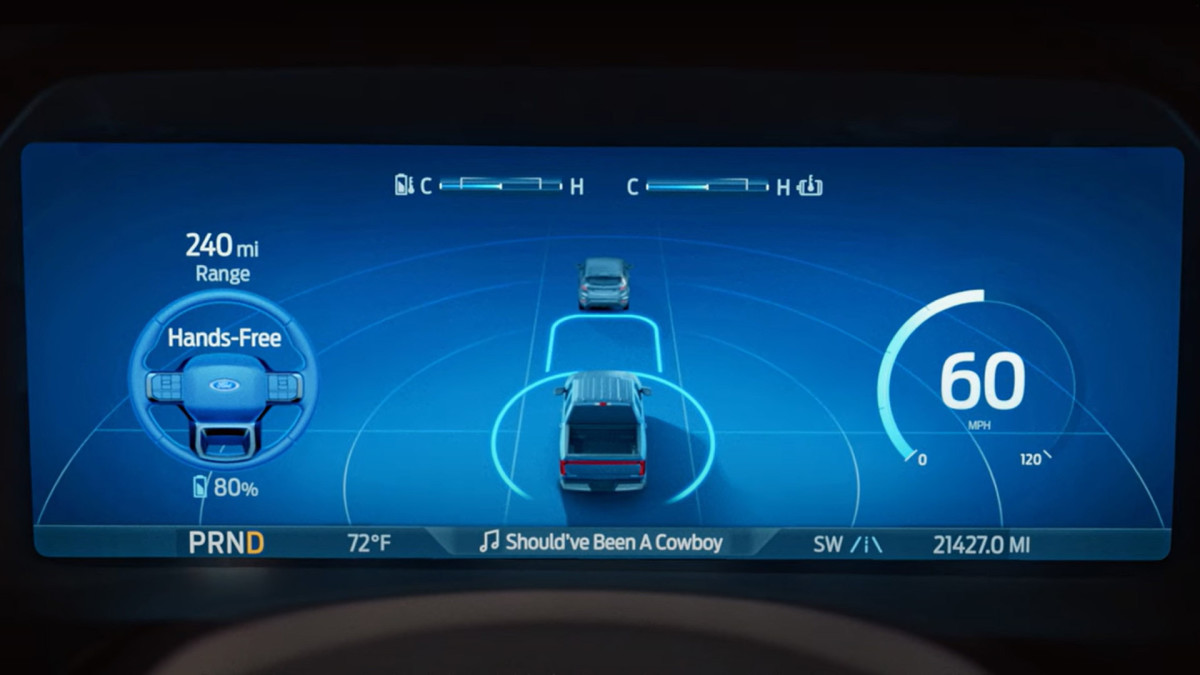It’s now been more than five years since BMW faced uproar for potentially making certain features like heated seats only available through a subscription-based add-on, and since then, similar practices have become the norm. But now New York is fighting back, albeit without much gusto. As reported by Motor1, a new bill aims to limit how far automakers can go with in-car subscriptions. Unfortunately, there’s only so much that can be done, and even if the new law comes into effect, it will do so with limits, allowing certain subscriptions to continue. Let’s take a closer look.
What The New York Bill Aims To Do
General Motors
New York Assembly Bill A1095‘s main goal is to prohibit automakers from offering subscription services for any car that “utilizes components and hardware already installed on the motor vehicle at the time of purchase or lease by the consumer; and would function after activation without ongoing cost to or support by the dealer, manufacturer, or any third-party service provider.” What does that mean?
Related: OTA Updates Can Tank Your Resale Value—Here’s How to Avoid It
Simply put, if the car you’ve bought or leased has a certain hardware feature (the distinction is important, as we’ll explore momentarily) that doesn’t need ongoing support, the automaker can’t subsequently put the feature behind a paywall at any time during your ownership. So things like heated seats could not be paywall-locked. But most new cars rely on software-based features to lure buyers in, particularly younger ones, and that’s where the bill won’t help.
Software-Based Features Are Still Ripe For Exploitation
Ford
The bill says that the new law wouldn’t apply to navigation, semi-autonomous self-driving, infotainment, satellite radio, WiFi, or telematics features – exempting essentially anything that gets over-the-air updates to function optimally. On the one hand, one might argue that they buy certain cars specifically for these features; many Tesla customers opt for their EVs over alternatives from legacy automakers because of FSD and Autopilot features, and allowing these systems to be paywall-blocked might seem unfair. On the other hand, without allowing automakers to charge for such systems and therefore pay their software engineers for updates, these OEMs would not find it cost-effective, or safe, to offer these services in the first place. The bill has now passed both chambers of the state legislature and is awaiting signing by the governor.


